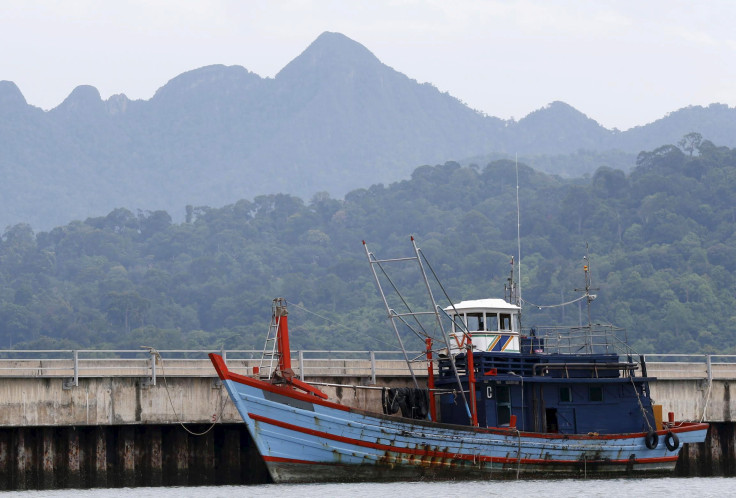Malaysia Turns Away Two Boats With Over 800 Migrants, Thousands Stranded At Sea

Two boats carrying over 800 asylum seekers fleeing persecution in Bangladesh and Myanmar were turned back by Malaysian authorities on Wednesday and Thursday. An estimated 8,000 Bangladeshi and Rohingya migrants are now believed to be stranded at sea near the Malacca Strait where they have been abandoned by traffickers, according to media reports.
“We don’t want them to come here,” Malaysia’s Deputy Home Minister Wan Junaidi Bin Tuanku Jaafar reportedly said, adding that his government needed to implement tough measures in order to send the “right message.”
“We have been very nice to the people who broke into our border. We have treated them humanely but they cannot be flooding our shores like this. … We are not prepared to accept that number coming into our shores and those people who are already in, we are sending them home anyway,” Wan Junaidi reportedly added.
He also said that Malaysia would only consider rescuing asylum seekers on humanitarian grounds if their boats had capsized.
According to a United Nations report released last week, nearly 25,000 people have attempted to cross the Bay of Bengal to reach Thailand, Indonesia and Malaysia in the three-month period between January and March this year. In the same period, an estimated 300 people have died at sea.
More than half of these 25,000 people are believed to be from the Rakhine State in Myanmar -- home to members of the persecuted Rohingya minority who have been denied citizenship by the Myanmar's government. Since 2012, more than 100,000 Rohingyas have fled Myanmar. A large number of these refugees have fallen prey to human traffickers who hold them in camps in southern Thailand.
Recently, a security crackdown by Thai authorities following the discovery of a mass grave in the southern Songkhla Province forced these "people smugglers" to change their tactics, and instead hold people on large ships parked offshore, according to media reports.
“Sea crossings are a symptom of desperation as people are left with no other choice but to risk their lives,” Volker Türk, assistant high commissioner for protection at the U.N. High Commissioner for Refugees (UNHCR), said in a statement released Wednesday. The U.N. refugee agency also said that it was “extremely alarmed” by the Malaysian government’s decision to push back migrant boats.
“UNHCR is asking countries in South-east Asia to approach this as a regional issue with real human consequences,” the agency said in the statement. “Nobody should have to put their lives into the hands of ruthless smugglers.”
© Copyright IBTimes 2025. All rights reserved.






















